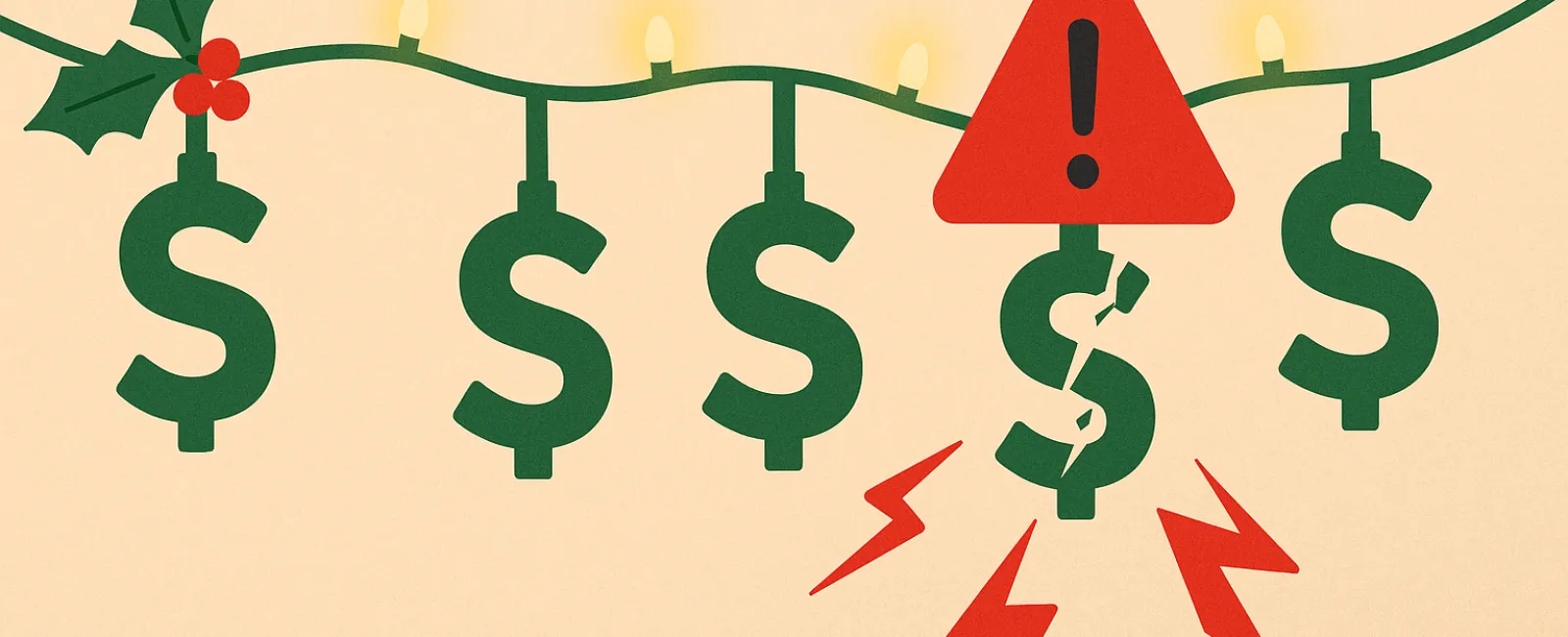November 03, 2025
Last December, a mid-sized company's accounts payable clerk received an urgent text that seemed to come from her "CEO": Purchase $3,000 in Apple gift cards for clients, scratch off the codes, and email them immediately. Despite the odd timing, the message carried the boss's name and came during the hectic holiday rush. By the time she verified the request, the gift cards had vanished, the scammer got away with the funds, and the business suffered the loss.
While this scam was painful, others can be far more devastating. That same month, Orion S.A., a chemical manufacturer based in Luxembourg, fell prey to a catastrophic fraud. An employee received what appeared to be legitimate emails requesting wire transfers — seemingly from trusted colleagues or partners. The emails were urgent, convincing, and aligned with regular operations. Without hesitation, the employee initiated multiple transfers as directed.
The outcome? A staggering $60 million wired directly to cybercriminals — over half of the company's annual profits lost through fraudulent transfers.
If you believe your small business is too insignificant to be targeted, think again. Gift card scams alone cost businesses upwards of $217 million in 2023, and business email compromise (BEC) attacks accounted for 73% of all cyber incidents in 2024. The holiday period is especially vulnerable as criminals exploit distracted, overwhelmed teams handling increased transactions.
5 Critical Holiday Scams Every Employee Must Recognize (Before They Drain Thousands from Your Business)
1. "Your Boss Needs Gift Cards" Scam (The $3,000 Text Scam)
- The Scam: Imposters masquerade as executives or managers pressuring employees to buy gift cards claiming they're for "clients" or "employee rewards." In Q1 2024, 37.9% of BEC incidents involved gift card scams.
- How to Prevent: Institute a strict policy requiring two levels of approval for gift card purchases. Train your team that no executive will request gift cards via text messages.
2. Invoice & Payment Diversion Scams (Stealing Big Money)
- The Scam: Fraudsters send fake "updated banking details" or hijack vendor email conversations right when year-end payments are due. For example, Arlington, MA lost nearly $500,000 in June 2024 due to this scam.
- How to Prevent: Always verify banking changes by calling a verified phone number from your records—not the contact info provided in suspicious emails. Implement a mandatory phone confirmation for all financial changes exceeding $5,000.
3. Phony Shipping & Delivery Alerts
- The Scam: Phishing emails or texts impersonate UPS, FedEx, or USPS, urging recipients to "reschedule delivery" by clicking malicious links.
- How to Prevent: Educate employees to go directly to the official carrier websites by typing the URLs themselves or using bookmarks, avoiding links in suspicious communications.
4. Malicious "Holiday Party" Attachments
- The Scam: Emails containing attachments like "Holiday_Schedule.pdf" or "Party_List.xls" may install malware upon opening.
- How to Prevent: Block macros on attachments, scan all files before opening, and create a culture of verifying unexpected attachments before accessing them.
5. Fake Holiday Fundraising Campaigns
- The Scam: Phishing websites impersonate charities or fake company matching campaigns to steal donations or personal data.
- How to Prevent: Maintain and share a list of approved charities and require all employee donations to go through official fundraising channels.
Why These Attacks Succeed & How You Can Stop Them
The very tools that streamline your business operations—email, online banking, and digital payments—are the same avenues scammers exploit. These are not amateur "Nigerian prince" scams; they are advanced social engineering attacks backed by in-depth research on your company.
Companies conducting regular phishing simulations reduce breaches by 60%, but most small businesses never train their staff. Multifactor authentication (MFA) prevents 99% of unauthorized logins, yet many firms still rely purely on passwords.
Your Essential Holiday Cybersecurity Checklist
Prepare your business before the holiday rush with these key steps:
- Two-Person Authorization: Require verbal confirmation via a separate communication channel for transactions above your approved thresholds.
- Gift Card Policies: Establish a strict ban on purchasing gift cards through email or text requests.
- Vendor Payment Verification: Confirm all banking or payment changes by calling numbers you have previously verified.
- Enforce Multifactor Authentication: Activate MFA on all email, banking, and cloud services.
- Holiday Scam Awareness: Train your team on these five common scams using real-world examples to increase vigilance.
The Hidden Toll: More Than Dollars Lost
Although Orion's $60 million loss made headlines, smaller businesses face even harsher hidden consequences:
- Operational shutdowns during critical sales periods
- Lost productivity as teams scramble to recover
- Damage to customer trust if sensitive data is compromised
- Higher insurance premiums following cyber incidents
The typical BEC attack costs a business $129,000—enough to devastate many small companies, especially during the holiday season.
Keep Your Holiday Season Bright and Secure
The holidays should be about growth and celebration—not cleaning up fraud messes. A quick team briefing, well-enforced policies, and layered security measures can dramatically reduce your risk.
Remember: One simple verification call could have prevented Orion's $60 million loss. Empower your employees with knowledge and watch your business avoid becoming the next cautionary headline.
Ready to fortify your team before the New Year? Click here or call us at (973) 575-4950 to schedule a Consultation. We'll guide you through practical, fast steps to safeguard your business. Don't let cybercriminals rob your holiday success—the greatest gift you can give your business this season is peace of mind.



